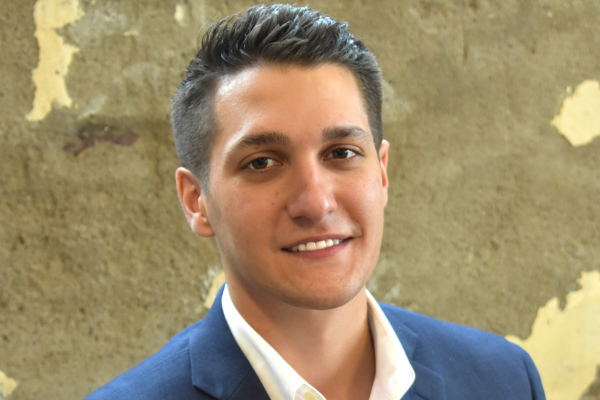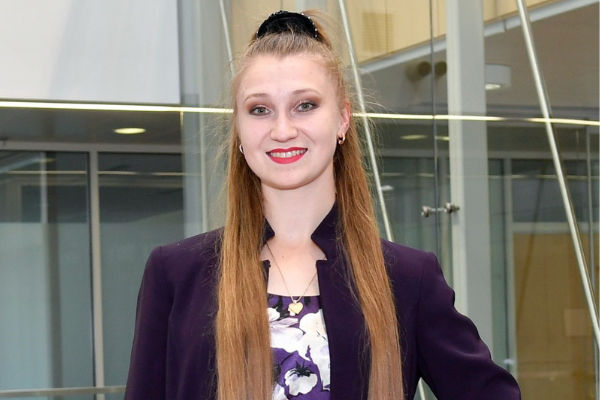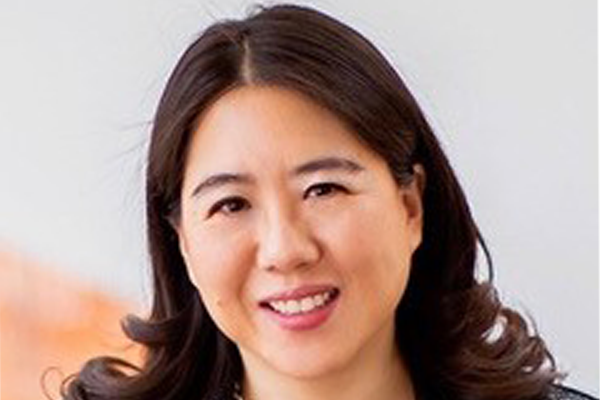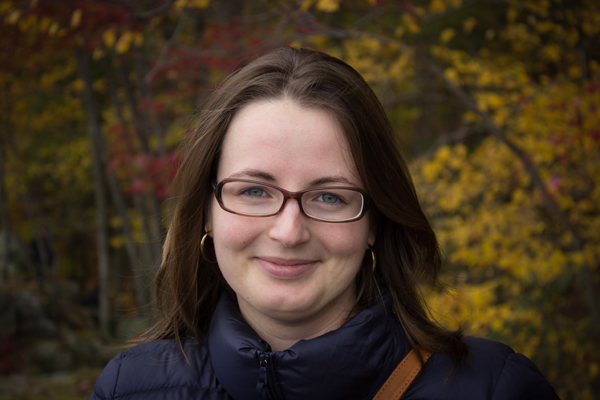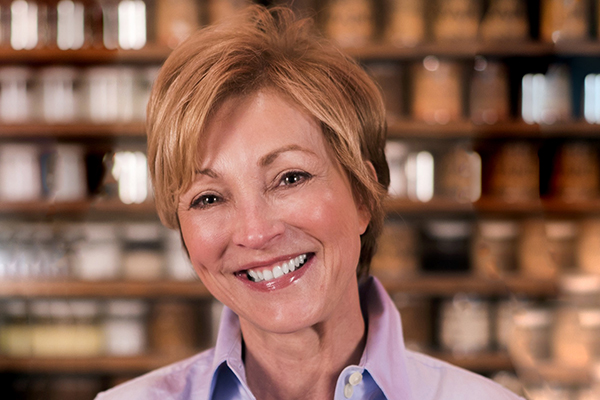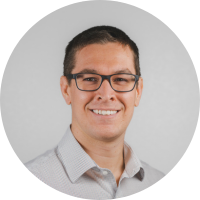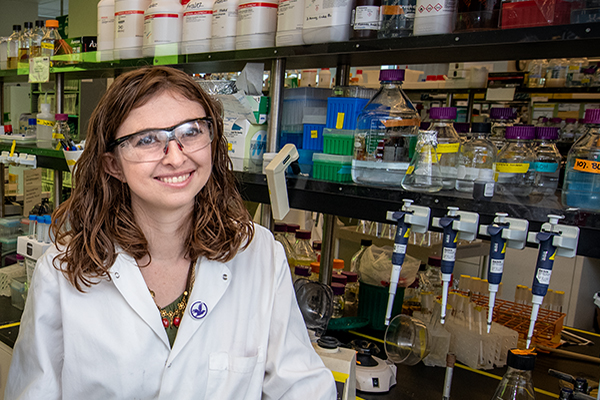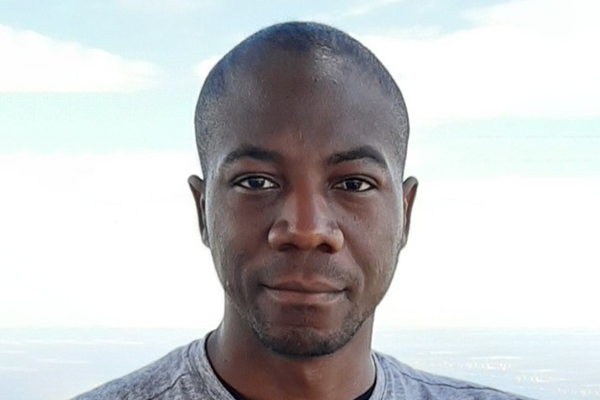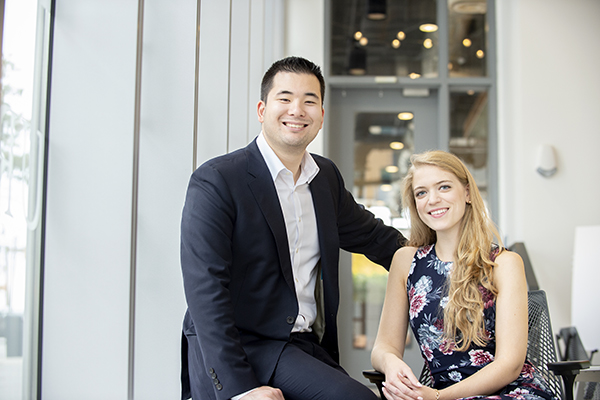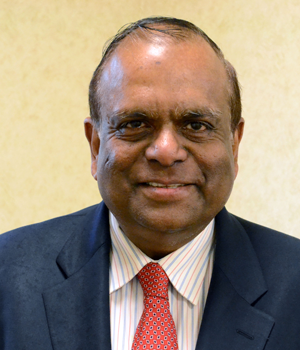
Dr. Mukund Chorghade is President and Chief Scientific Officer, THINQ Pharma / MVRC Research and CSO, Chicago Discovery Solutions / CBD Sciences Group. He has had Adjunct Research Professor / Visiting Fellow / Scientist appointments at Caltech, Harvard, MIT, Princeton, Rutgers, Univ. of Chicago (USA), Cambridge, Strathclyde, (UK), ICT, KHRC (India), and others. He provides synthetic chemistry and pharmaceutical development expertise to academic laboratories, pharmaceutical and biopharmaceutical companies. His research interests are in Process Chemistry Derived Medicinal Chemistry, Traditional Medicine derived New Chemical Entities. His discovery of sterically protected and electronically activated metalloporphyrin catalysts called “chemosynthetic livers” find utility in drug metabolism, valorization of biomass and environmental remediation.
He earned his B. Sc. and M. Sc. degrees from the University of Poona, and a Ph. D. in organic chemistry from Georgetown University. He completed postdoctoral appointments at the University of Virginia and Harvard University, visiting scientist appointments at the University of British Columbia, College de France / Universite’ Louis Pasteur, Cambridge and Caltech and directed research groups at Dow Chemicals, Abbott Laboratories, CytoMed and Genzyme. He has been a recipient of three “Scientist of the Year Awards” and is on the Scientific Advisory Board of several corporations/foundations. He has been honored by election as a Fellow of the ACS, AAAS, AIC, ISCB and RSC, the Maharashtra, Andhra Pradesh and Telangana Academy of Sciences. and has been a featured speaker in several national and international symposia. He is a Certified CGLP / cGMP professional.
He was privileged to become an American Chemical Society member in 1982, was Section Chair of Brazoria (1990) and of the Northeastern Section in 2007. He was Chair of the Princeton Section for 2019 and currently serves on its Board of Directors. He is an active participant in ACS’ Career Services / Professional Development / Entrepreneurship and the Small Chemicals Businesses Division. He was the Secretary of the Division on Chemistry and Human Health of IUPAC and served on the Commissions on Biotechnology, Medicinal Chemistry, New Technologies / Special Topics and the US National Committee for IUPAC. He is the Chair of the RSC Committee on Process Chemistry and Technology (2018-20)
Dr. Mukund Chorghade’s fascination with both chemistry and the US started with an India-China border argument, a famine, a chemist, his father and a book.
As Chorghade recalls, when he was nine years old, his father was stationed at Calcutta Airport as a Meteorologist working for the Government of India during a 1962 border conflict between India and China. American pilots flew in with arms deliveries to aid India’s side of the border skirmish, and a young Chorghade sometimes accompanied his father to the airport at night. He got to talk to a few American pilots, who would give him candy and other small tokens, including books and a small chemistry set.
In 1965, during a famine in India, American Peace Corps members led by Professor Norman Borlaug, worked in the rice and wheat fields to cultivate hybrids that sparked a “green revolution” in which India could produce more food than before the famine. Chorghade got to talk with American professors of Chemistry Glenn Seaborg and Robert Woodward, and his father soon bought him a book—“Chemistry Creates a New World,” on what chemistry can do for the public.
Chorghade works with that goal in mind--using chemistry to help others--even fifty-five years later. He still has the book by Bernard Jaffe on his bookshelf.
“It’s been a fun life, I would say,” Chorghade recalls, “And anything I could do to advance the cause of chemistry or chemical entrepreneurship, mentoring people in STEM, I’m willing to do.”
In 2006, after a long career in scientific research and development in the chemistry industry, Chorghade became a serial entrepreneur, which has been his role in the industry since then.
Chorghade founded a company called Empiriko with another scientist after a Harvard lecture in which he devised his first entrepreneurial venture. They were able to create a “chemical liver” that generated all known and unknown metabolites of any drug. The liver also allowed study of drug combinations. Some drugs interact intermolecularly with each other to form larger molecules that remain unmetabolized and manifest side effects. This finds utility in “liver on a chip” applications.
Then the team created a catalyst that sped up the transformation from plant backbone (lignins) to carbohydrates and fine chemicals in short times of one to two hours. The sugars could be transformed to biofuels. Afterwards, they created a way to use oxidation to clean toxic emissions and effluents from the dyestuffs industry in India, which was particularly affected by the issue. They applied for grants, and the government of India offered to fund that research into a specific project to clean these emissions in the Ganges River.
“And these are the kind of fun ways,” Chorghade said, “by which an idea which started with polymer chemistry and oxidation ended up having great applicability in drug metabolism, biofuels and environmental remediation.”
Over the course of a long career in the chemical industry and as an entrepreneur, Chorghade has a few products he’s most proud of being able to push to market. Those include the oxidation catalyst, referenced above, and an anti-epilepsy drug.
“For me, contributing to an anti-epileptic drug at Abbott labs was a very emotionally comforting moment for me,” Chorghade said, “My grandmother actually suffered from epilepsy, and these drugs came too late to help her. But when I went to Abbott, I was assigned to work on the process development for a drug called Gabitril. So that was a great source of comfort to me.”
There are still problems Chorghade wants to solve, though. He wants to be able to offer more effective and accessible cancer drugs and therapies. However, the one cause he keeps coming back to is his belief that the Western pharmaceutical industries neglect finding solutions to treating tropical diseases.
“What are we doing for the diseases that are not necessarily here?” Chorghade says, “We still are not spending enough money on malaria, on tuberculosis, on leishmaniasis.”
Chorghade first became an ACS member when he studied as a PhD student at Georgetown University. At that time, if someone wanted to orally present their research at an ACS meeting, they had to be an ACS member.
“So, I bought an ACS membership and I continued with it for all these years,” Chorghade said, “I would say I’ve had considerable professional satisfaction there. I am an active ACS Fellow. I worked with the International Activities Committee, the Committee on Science, and of course I’ve been chair now of three different sections.”
Chorghade’s advice to aspiring entrepreneurs? Build a team. Get serious, brilliant people on your scientific advisory board. Don’t try to convince them by offering executive positions, because you want to keep your executive board and your scientific advisory board separate. You need someone who is good with finance, and you need to partner with a skilled businessperson to help you write your business plans.
“This is very important--never be the CEO yourself, okay?” Chorghade said.
Play to other peoples’ strengths. Your strength, as a chemist, is chemistry. A business school graduate or businessperson’s strength is business. Neither you nor your partner will be exceptional at both.
Chorghade likes to see cricket matches in London and sometimes in India in his spare time, and he used to play himself. Chorghade also thinks about curry--the regional differences between Indian, English and American curry and Indian restaurants. The Princeton ACS section, which he chaired last year, had an event in December featuring a celebrity chef. The surrounding community, including non-members and scientists joined. After admission to the MD/ PhD program in Chemistry at Harvard, Craig Shelton, the celebrity chef at the event, went to France to become a chef, and therefore understood a lot about wine pairings.
“He gave a remarkable lecture,” Chorghade said, “in which he said that some of these wines are very applicable for Indian food and curry, which was sacrilegious to some of the French people some years ago.” The memorable event also featured a talk by the Nobel Laureate Sir Richard Roberts on genetically modified crops.
Chorghade’s advice to the readers? The intersection of academia and industry could be a lot better--students should be better prepared by their academic institutions to enter industry if they choose.
“One of the craziest things I hear from students who go to the career booths at the National Meeting, and people from the big schools who don’t come because they believe, ‘oh, my chemistry will speak for itself,’ I assure you, it won’t. That is a very narrow interpretation--many people are very unskilled at networking, so learn the soft skills for business. They will serve you well in your careers later.”
This article has been edited for length and clarity. The opinions expressed in this article are the author's own and do not necessarily reflect the view of their employer or the American Chemical Society.
Copyright 2020 American Chemical Society (All Rights Reserved)

